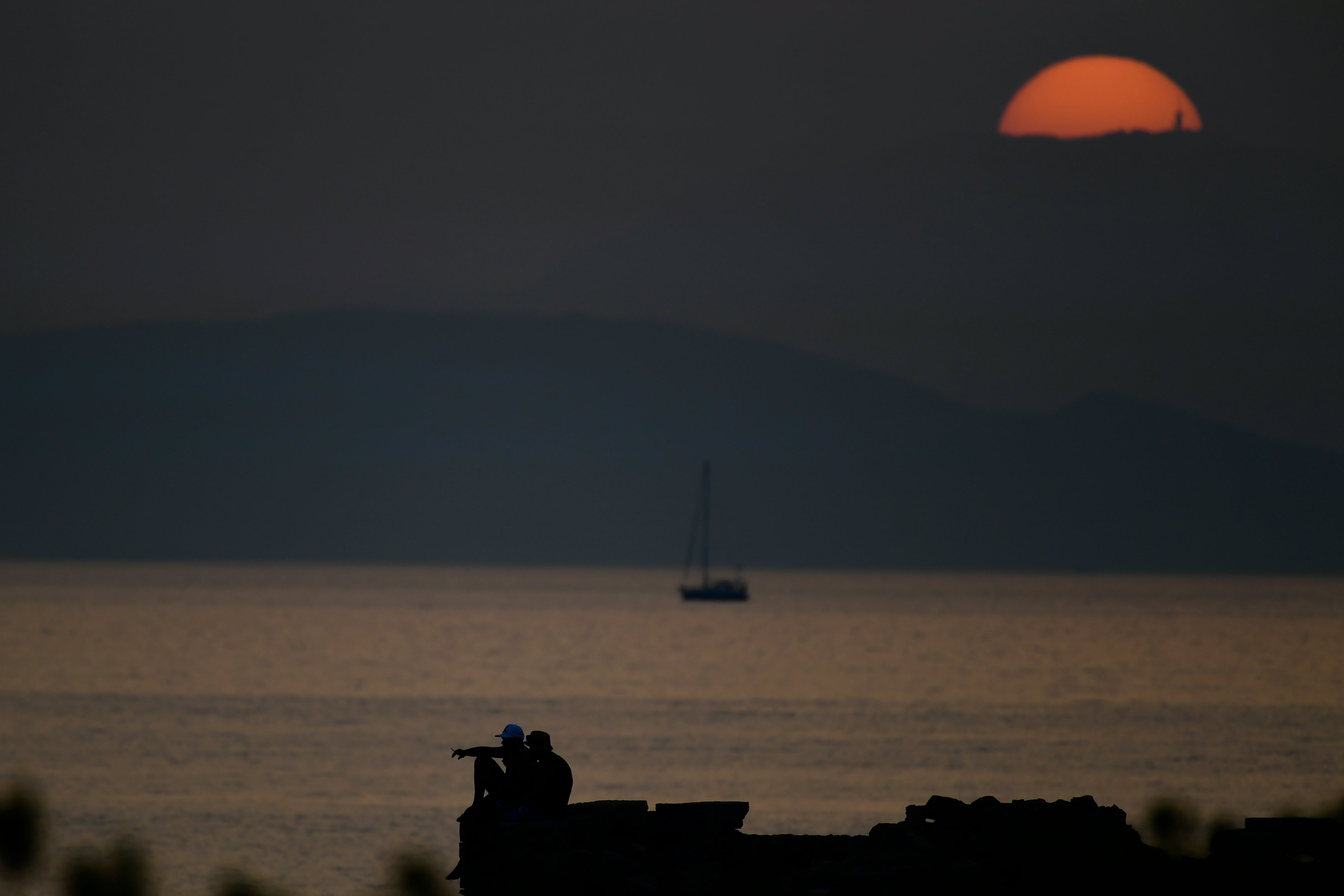Acropolis in Greece closes in the afternoon due to heat wave
Authorities in Greece have closed the Acropolis and other ancient sites during afternoon hours as a heat wave scorching the eastern Mediterranean worsened

Your support helps us to tell the story
From reproductive rights to climate change to Big Tech, The Independent is on the ground when the story is developing. Whether it's investigating the financials of Elon Musk's pro-Trump PAC or producing our latest documentary, 'The A Word', which shines a light on the American women fighting for reproductive rights, we know how important it is to parse out the facts from the messaging.
At such a critical moment in US history, we need reporters on the ground. Your donation allows us to keep sending journalists to speak to both sides of the story.
The Independent is trusted by Americans across the entire political spectrum. And unlike many other quality news outlets, we choose not to lock Americans out of our reporting and analysis with paywalls. We believe quality journalism should be available to everyone, paid for by those who can afford it.
Your support makes all the difference.Authorities in Greece closed the Acropolis and other ancient sites during afternoon hours starting Tuesday as a heat wave scorching the eastern Mediterranean worsened.
Temperatures reached 42 degrees Celsius (107.6 Fahrenheit) in parts of the Greek capital, as the extreme weather fueled deadly wildfires in Turkey and blazes in Greece, Italy and across the region. Greek authorities have described the heat wave as the most intense in more than 30 years.
The Acropolis, which is normally open in the summer from 8 a.m. to 8 p.m., will have reduced hours through Friday, closing from midday to 5 p.m.
The Greek Fire Service maintained an alert for most of the country Tuesday, while public and some private services shifted operating hours to allow for afternoon closures.
___
Follow all AP stories on climate change issues at https://apnews.com/hub/Climate.